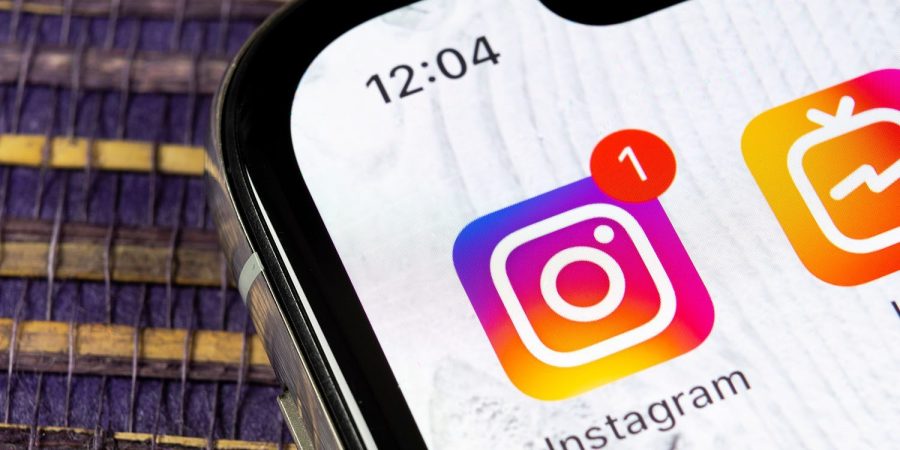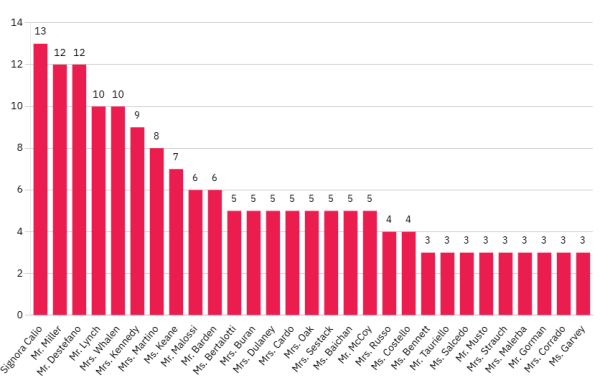How do comments on social media (instagram) influence the ways users think on the apps?
Social media has taken over the lives of individuals, especially young people, living in the 21st century. Practically anyone can view anything on the internet. With published ideas open to the public, many make comments or remarks based on the things they see. One of these major platforms that involve attention bringing comments include Instagram. Therefore, how do these comments affect those who do post on platforms such as social media?
Instagram has been an ongoing social media platform for ten years. Originally launched on October 6th, 2010, it tripled in size since its release. There are over one billion users on this app, and many of them that do post are exposed to people who can comment on their images and videos. Users do in fact have the option to turn off commenting features. Although positivity is encouraged, many tend to use the comment section as a way to hurt or discourage them from continuing to post. This can lead to horrible consequences such as damaged self-esteem and/or cyberbullying.
A survey was sent out to several students in Bethpage High School throughout all grades. This survey was used to determine how comments truly affected those who use social media platforms. Out of the several students who took the survey, 85% of them use Instagram but 94% of them use other platforms that utilize a commenting feature. 60% of the students believed that the comments were positive, 20% negative and another 20% believed that it depends on the situation at hand. Although these results are different from our original idea, the comments are not as bad as we originally thought.
Only 65% of the participants sometimes like the comments, while 25% like them and 10% do not like any of the comments. The question “Are the comments more positive or negative?” was then asked the students. Surprisingly 60% of the participants truly believe the comments are more positive than negative. On the other hand, 20% of the students also believed that it depends on the comments that are received.
Although the results are very different compared to what was originally expected, the results are far better. Instead of students feeling annoyed, 65% thought that the comments were happy and provided a positive outcome. As a result, this does not mean that all the students felt the same way. The comments also make 35% of students feel angry and bothered, while 50% of the students are unbothered by the comments. Even with the results on the higher side of unaffected participants, there are still students who voted that they feel sad, upset, bothered, or insecure based on such comments.
When asked why the participants felt this way, one student said, “Some people are jealous so they go at people in the comments. When others are [in the comments], [it is] just pure happiness”. Many students said the same thing, where the comments did not bother them since they do not care about what others might think of them. But others differentiated with this specific viewpoint. Another student wrote that “ When hate comments and harassment are commented it makes me angry and upset how people are so close-minded”. This implies although everyone expects to be treated with respect on the apps and within comments, there are always people who will criticize others. The same participant also stated that “When I see people supporting others it puts a big smile on my face and I love seeing people accepting one another.”
Therefore, comments can affect everyone differently so you never know how they might affect someone else. Whether it is positive or negative, comments on social media do affect, but a majority of people at Bethpage High School believe that there is mostly a positive influence on the users.
If you are interested in taking the survey, here is the link: https://forms.gle/HH4ywDUcfPjZmyru9
Amalia Lal is a junior in Bethpage High School. This is her second year of journalism. She loves listening to music, drawing and reading. When she is not...
Santina Lonardo is a junior at Bethpage High School. She is a Sagittarius and turns 17 in December. Her favorite sport to play is basketball which she...







